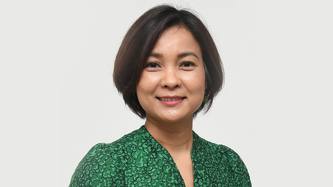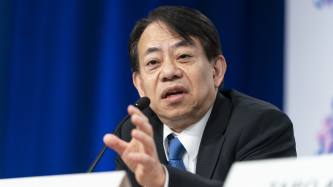With almost 60% of the world’s population, four of the world’s 12 largest economies – Japan, China, India and South Korea, and strong current account surpluses, Asia is a driving force behind the global economy. But is Asia’s growing strength being recognised by multilateral institutions such as the IMF?
Asian growth
Asia’s reform process is far from over and it clearly suffered a financial crisis at the end of the 1990s but its successes are tangible. Between 1960 and 2005 the region’s share of global trade increased from 11% to 26%, and from 1950 to 1997 Asian countries grew by nearly 6% a year on average, nearly twice as fast as the rest of the world.
The recent rapid growth of China and India highlights the robust recovery Asia has made this decade, with deepening regional integration and co-operation built around intra-regional trade reaching more than 40% of total trade in 2005, up from 30% in 1990.
But while the Asian Big Four are moving ahead on the global economic stage, their expanding role is not reflected in IMF quotas. According to the IMF, the 184 members’ quotas are “broadly determined by their economic position relative to other members”.
A member’s quota determines its maximum financial commitment to the IMF and its voting power, and has a bearing on its access to IMF financing.
However, the Asian Big Four (Japan, 6.2%, China, 3%, India, 2%, and Korea, 0.7%) together only account for 11.9% of the IMF total quota compared with 33.5% held by the Traditional Big Four (the US, 17.4%, Germany, 6.1%, France, 5%, and the UK, 5%).
Does the Traditional Big Four deserve to have almost three times the IMF quota of the Asian Four? A clear discrepancy between the quotas exists and, on the IMF’s own criteria, the quotas need to be revised to reflect the new economic realities. But what should the new system be?
Giving ground
A single European quota has been suggested to make room for Asia, but the European Central Bank’s president, Jean-Claude Trichet, has described this as unfair unless the US gives ground on quotas, too. Should a radical new system be devised to reflect the global economy and protect the credibility of the IMF’s governance?
The US has accepted the possibility of quota change, and rebalancing the system is essential, but producing agreement at the annual meetings in Singapore this month on the winners and losers seems too much too soon. An evolutionary strategy seems more likely.











